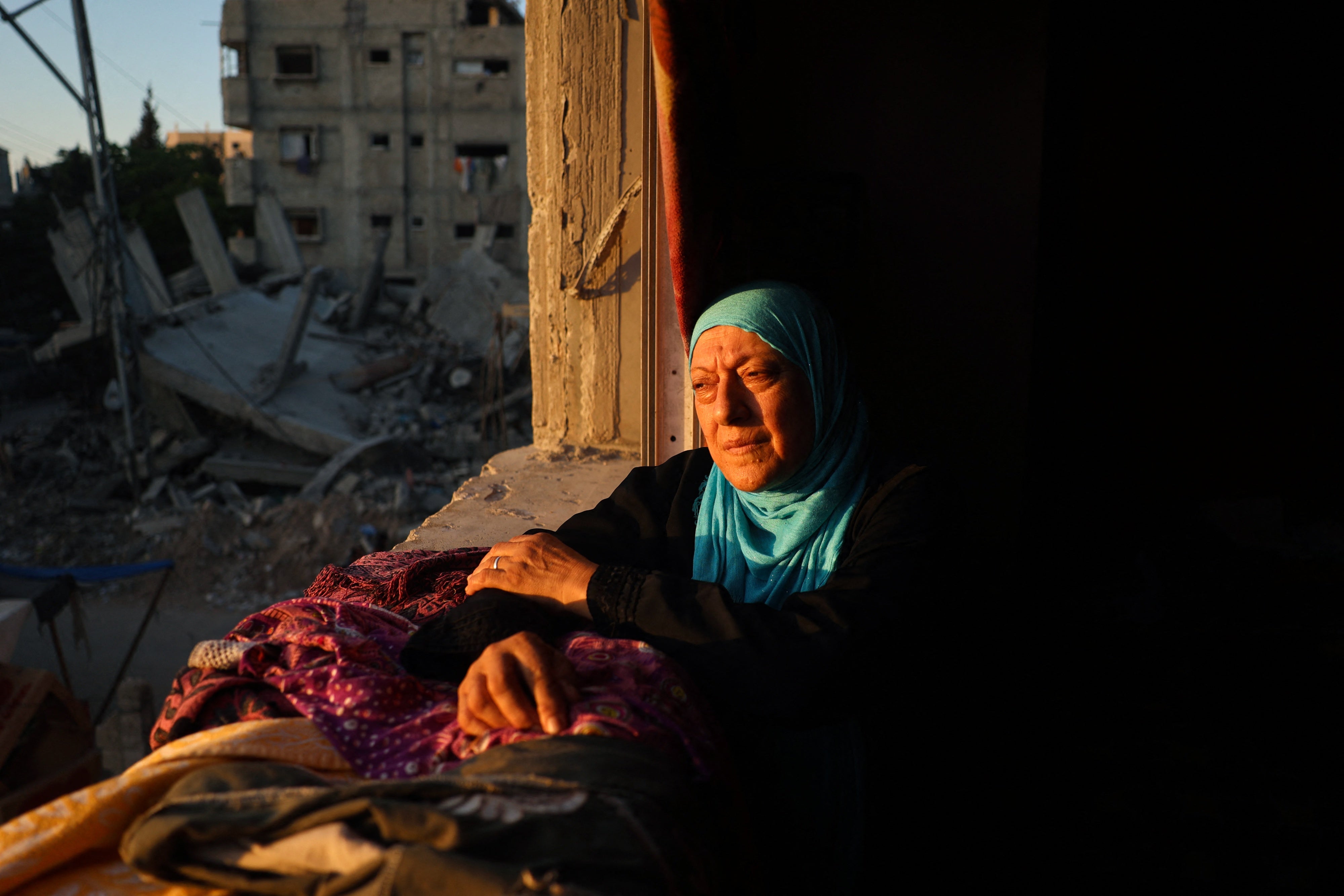Under Prime Minister Anwar Ibrahim, the Malaysian government has backtracked on pledges to address repression and corruption. Authorities expanded the government’s censorship powers and regularly use broad and vaguely worded laws to criminalize free speech. Refugees and migrants face arbitrary, indefinite detention without judicial oversight. Officials have targeted lesbian, gay, bisexual, and transgender (LGBT) people with hateful rhetoric and crackdowns.
Freedoms of Expression and Assembly
The government has proposed amendments to expand powers of repressive laws, including the Sedition Act 1948 and the Communications and Multimedia Act 1998.
In April, political activist Badrul Hisham Shaharin, known as Chegubard, was charged with sedition for a Facebook post citing a Bloomberg report on Prime Minister Anwar’s alleged involvement in issuing a casino license for Forest City. Chegubard also faces two counts of sedition and defaming King Ibrahim Iskander for other social media posts.
In May, blogger Wan Muhammad Azri Wan Deris, known as Papagomo, was charged with sedition against the king for an X post.
In August, former Prime Minister Muhyiddin Yassin was charged with sedition for questioning the previous king’s use of constitutional power. Anwar has repeatedly defended the Sedition Act.
Malaysia’s new Cyber Security Act, which came into force in August, further expands the government’s powers to police online expression, including against journalists.
Effective January 1, 2025, social media platforms with at least eight million registered users must apply for a license to operate, according to the Malaysian Communications and Multimedia Commission. Civil society groups said the regulations lack clear guidelines and oversight.
Refugees, Asylum Seekers, and Migrants
Malaysia is not a party to the 1951 Refugee Convention and lacks domestic asylum procedures. About 190,000 refugees and asylum seekers—including over 110,000 ethnic Rohingya Muslims and some 54,280 children—are registered with the United Nations Refugee Agency (UNHCR) but are not granted legal status, unable to formally work or enroll in government schools.
The Malaysian government is detaining about 16,000 migrants, refugees, and asylum seekers in immigration detention centers. Detainees spend months or years in overcrowded, unhygienic conditions, routinely subjected to physical and psychological abuse, without judicial oversight and at risk of indefinite detention. Inadequate medical care and malnutrition is widespread in these facilities.
From January to June, there were 20 reported deaths in Malaysia’s immigration detention centers.
The government has denied UNHCR access to immigration detention centers since August 2019 including Baitul Mahabbah centers, dedicated facilities for children ages 10 and younger that were launched in September 2023. At the time of writing, there are 170 children—some unaccompanied—in Baitul Mahabbah centers, which do not provide a genuine alternative to detention.
Malaysian authorities have conducted 11,900 immigration raids and detained at least 28,000 undocumented migrants between January and August.
In September, reportedly at request of the Cambodian authorities, the Malaysian authorities deported Nuon Thoeun for criticizing Cambodia’s leadership on Facebook. She now faces politically motivated incitement charges.
Criminal Justice System
While Malaysia abolished the mandatory death penalty in 2023, it retains the death sentence for drug trafficking under the Dangerous Drugs Act 1952. Courts regularly convict people of drug-related offenses based on legal presumptions of guilt, shifting the burden of proof onto the defendant. Sixty-five percent of death row inmates were convicted of drug trafficking. Those spared the death penalty can still face corporal punishment, which amounts to torture under international law.
Malaysia detains individuals without trial under restrictive laws. The Security Offenses (Special Measures) Act 2012 (SOSMA) allows for preventive detention of up to 28 days without judicial review for a broad range of “security offenses.” In July, a bill to amend SOSMA was tabled for the first reading in parliament. The Malaysian Bar has called for SOSMA to be repealed.
The Prevention of Crime Act (POCA) 1959 and the Prevention of Terrorism Act 2015 allow government-appointed boards to impose detention without trial for up to two years, renewable indefinitely.
Freedom of Religion
Malaysia restricts the rights of followers of any branches of Islam other than Sunni, with those following Shia or other branches subject to arrest for deviancy.
In January, the two filmmakers of “Mentega Terbang” were charged for “wounding religious feelings” under section 298 of the Penal Code. The film features a Muslim teenager exploring other faiths.
In May, KK Mart founder Chai Kee Kan and his wife, company director Loh Siew Mui, were charged with “wounding religious feelings” for selling socks printed with the word “Allah.”
Sexual Orientation and Gender Identity
State-sponsored discrimination against LGBT people remains pervasive in Malaysia, including the funding of conversion practices. Federal law punishes “carnal intercourse against the order of nature,” interpreted as adult consensual same-sex conduct, with up to 20 years in prison and mandatory caning. State and federal territory Sharia (Islamic law) criminalize both same-sex activity and gender nonconformity.
In March, Home Minister Datuk Seri Saifuddin Nasution Ismail said that Malaysia “does not recognize any LGBTQ lifestyle” and that the government would continue banning films featuring “LGBTQ themes.”
Women’s Rights
The Dewan Rakyat passed a bill to amend the Federal Constitution to grant Malaysian citizenship to children born overseas to Malaysian mothers and foreign fathers. The citizenship amendment bill is not comprehensive and excludes those born before the law’s passage.
In March, police summoned four people and launched another investigation into an International Women’s Day rally in Kuala Lumpur under the Peaceful Assembly Act and Minor Offences Act.
Environment and Indigenous Peoples’ Rights
The government met twice with the European Commission to resolve tensions over a European Union law that will restrict imports of wood and palm oil products linked to deforestation. In September, it obstructed civil society’s access to these talks.
Business operations continued in forests claimed by Indigenous peoples, including a carbon agreement in Sabah. In Perak, a high court ruled the government failed to protect Indigenous land from encroachment by hydropower companies.
In June, Sabah authorities forcibly evicted hundreds of Bajau Laut – a stateless, nomadic, ethnolinguistic group. Mukmin Nantang, the Sabahan activist who exposed the evictions, is under police investigation for sedition.


